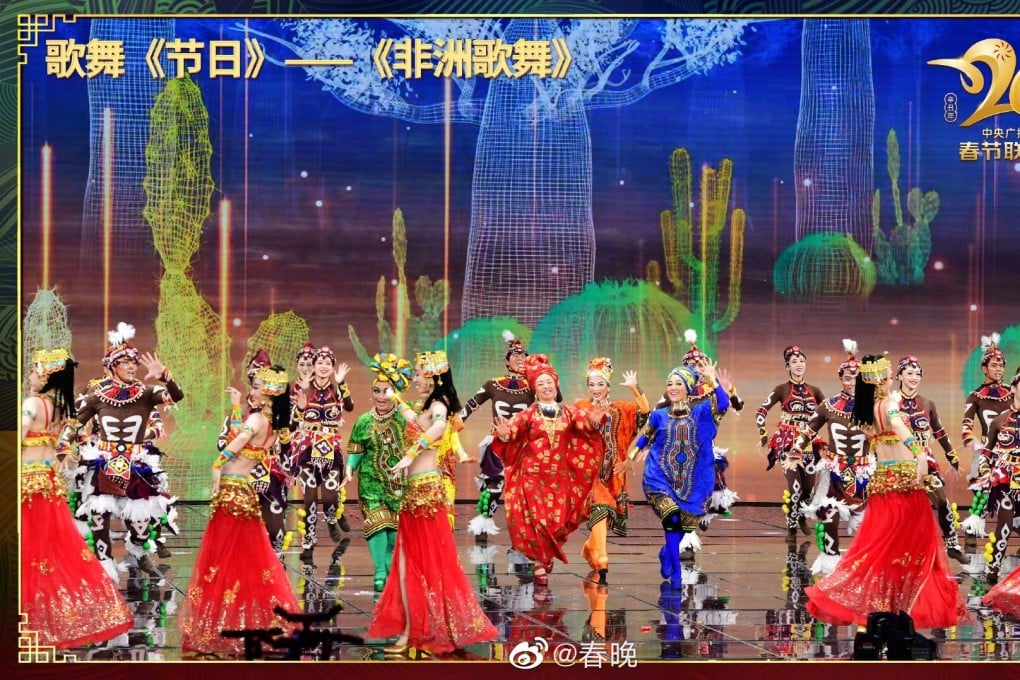Advertisement
Letters | China’s New Year TV gala: tone-deaf maybe, but not racist
- The programme was designed to highlight cultural diversity in countries that are part of China’s Belt and Road Initiative and did not intend to cause offence. Nevertheless, Chinese soft power has a long way to go
Reading Time:1 minute
Why you can trust SCMP
1

I’m writing in response to “China’s Lunar New Year TV extravaganza hit again by blackface scandal” (February 12), about state broadcaster CCTV’s Spring Festival Gala aired last Thursday being criticised for opening with a group of dancers dressed in African-style clothing with their faces darkened with paint.
A substantial number of Chinese people do not understand why China devotes so much of its resources outside the country. In this context, the programme appeared designed to show off China’s engagement with the world through the Belt and Road Initiative. The most direct representation of this is to have people of different races on stage celebrating Chinese holidays. While poorly conceived, there was no intention to cause offence to African people with this.
When talking about racism, analysts should keep in mind the receivers’ perception and whether the target audience perceives racism in the act.
Most Chinese people are largely unaware of the culture of “blackface” or associated racism and legacy of oppression in Western countries. Hence, when criticising a show for purportedly promoting racist stereotypes, its purposes, audience make-up and cultural differences should also be taken into consideration, instead of “out of context” identification of racist imagery.
I believe the programme did not have a negative intention. As China becomes more open to the world through initiatives like the belt and road, Chinese authorities need to step up their game in delivering a message about multiculturalism and global integration to their people.
Advertisement